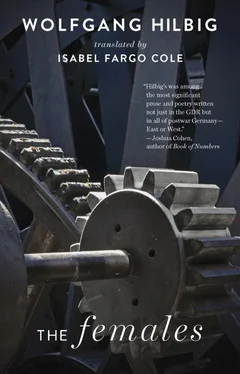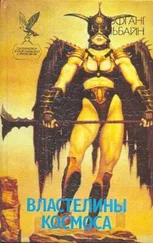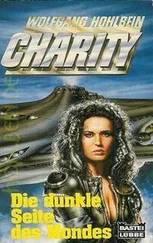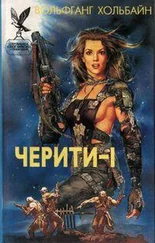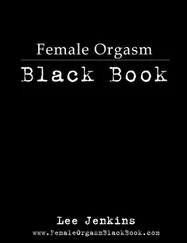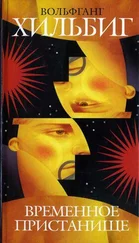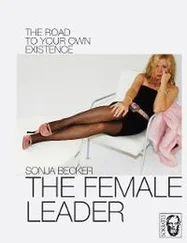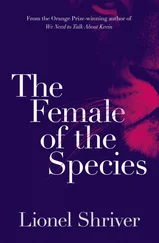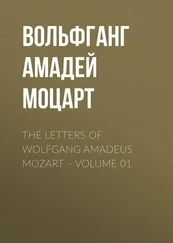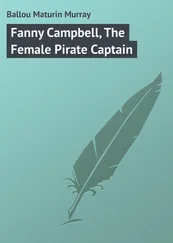My outward body hastened utterly insensate through the night, while within me language was embedded in the musty, diffuse but tenacious miasma of an unfathomable old fear, captive words thrashing in nebulous webs that stretched denser and finer the more strands and loops were ruptured by the terrified movements. What were my words doing in that thicket’s midst? I asked myself. Maybe they were trying to mate and couldn’t pull it off: go away! Come back! Stay here!… They were words spoiled by mistrust of the place where they were spoken. — I seemed to recall that, similarly, I’d bedded the I of that early pornographic text within a substance much like a damp, decaying thicket. It was unclear to me whether I wasn’t grafting my present lusts onto that early text, but I believed I’d described myself lying down with a girlfriend—whom I called callous and whose head was sometimes concealed from me entirely—on a soft bed of different kinds of hair, heaps of women’s hair… tresses, thick braids, wild half-spoiled snarls offering protection from the icy cold of a filthy concrete floor; fear and loathing of this hair merged with the shamelessness of our lust. — Some childhood experience must have caused these imaginings; I had no recollection of it. In eternal, implacable hatred toward my childhood I had suppressed, among other things, the memory of that experience. It must have been connected to the empty barracks of the concentration camp on the edge of M., which was my chief playground until about the age of twelve, because the camp—bordering a vast expanse of rubble that had once been munitions factories, with scattered parts of buildings still standing that were now used to produce replacement parts for radios—was located very close to our house. At the time I felt I was the only child who knew the barracks’ hellish purpose; I was the child whose imagination, when playing in the long bare rooms, would not let him picture the ugly brown spatters and spots on the whitewashed walls as anything other than blood, nor let him avoid envisioning corpses or groaning torture victims strung up on the rusty hooks in the masonry. And it’s possible that the criminal imagination of the child I was, watching the others play hide-and-seek in the rubble and the barracks, coupled horror at the camp’s former reality with my first childish desires. — I had heard or read that the prisoners’ hair had been shorn, that even the women had been utterly stripped of their hair, and I thought up that story in which we bedded on mounds of hair, and even amid those mounds I imagined the smell of women’s pubic hair, though I’d never even seen it before. My language was filled with hair, hair surged and swept in the flow of words I poured forth, in fall the ailing bare trees beyond the trash heaps wore wigs of hair and smoke, the dump trucks tossed it to the wind on the slopes of the defunct strip mines. Hair, whose presence I suspected in the trash cans on the wayside. Hair, to which I was relegated as a piece of human trash who refused to help collect the trash. With the hair-matted trash of his writing paper on a desk concealed from the world. With a brain damned beneath the storm-tossed wig, damned by the voice of my mother, by the voice of the state in the tone of my mother. Disapproval of my hair, which risked ending up in a camp. Ending in those barracks I knew from my childhood. Where hair blew through the window gaps in the evening, hair from the camps, hair from the ramp. And it seemed as if my entire surroundings, the entire country were changing into a place like the places where I played as a child. As if hair were being hoarded, forgotten, lost hair behind all the hills of this country. Hair that could not be saved unless I took it up into my language. Into my isolated, snarled language, sick with shameful smells, and flying yellow beneath the sky in the sickly color of King David. — From far off I see the barracks of my childhood, and know of nothing inside them but scatterings of rubble, long ice-cold rooms, white-washed and spattered, dully spattered with liquids turned black, whitewashed once again, why if not for some ominous reason, spattered once again, pissed on, wildly scrawled on with lascivious rhomboids. Nothing in this cold place, but when evening comes, when, playing in these rooms, the indefinable lustful mystery grows, brown, brunette, fox-red darkness surges in long skeins through the frameless window squares, billows in the corners, conceals from the searchers those who are hiding, evening hair that hid me, evening that smelled of urine and whitewash, shadow-webs that caught me. Shadow-hair that hid me when I gasped out the shameful smells of my thoughts under the yellow rain trickling from the moon, powerless in the sharp shadow by the barrack window, powerless against the lust of the sickness that revolved inside my head, powerless against the world to which I couldn’t reveal my lust, which knew it all the same, for all my latecomings and shortcomings were the result of my banishment into unauthorized desire. And the nights came with hair whose sheen had grown dull, damp and moldy, hair that no longer burned. On top were remnants swept together from the ramp, mixed with boot-mud that had turned to dust with the years. — And when I returned to town one summer night in a year when no rain fell, I dug my arm into one of the trash cans. And I thought I felt hair, a fleshy hairy mound in the midst of the can whose contents massed around my wrist. Just as though I’ve managed to swallow my own fist, a labial circle closes, firm and sucking, around my lower arm, bent arm wrapped around the neck of my shadow, pressing the head of my shadow to my face, gingerly I’ve closed the fingers of the hand on that arm to form a fist, and for days to come, on the palm of my hand and between my fingers, I’ll find the smell of the heat that my fist clutched. Rotten fruit in the trash can, rotten glowing fruit and its wet heat, sinking into the fingers’ skin, into the clefts of the four-fingered surface of the fist, smoothly coating it with a juice from those depths. My language smoothly coated with the color of this sickness. The yellow color of a wall before my language. The yellow-gray color of a door no key now fits. My speech closing when I say: My fist is stuck in flesh. Returning when I say: In gently swollen flesh, in a hole beneath the hair. Returning to the maw of origin, ball of the hand, held by brain-like stems and windings, bathed by my slit veins, held fast in the center of the flood and wound in the vortex of the brain, rotten fruit in the trash can. — In that instant I knew the speech I had to deliver, that I should have delivered back in winter at the labor office, that I’d have to deliver in court before summer’s end. It was the instant when my hand in the trash can met resistance, a round soft object resembling a uterus, and I started, scalded by fright, for suddenly here was something that I was forbidden to harm. — Someone had scribbled Jackie I love you on the wall of a nearby house, and every night I stood and gazed at those words, consumed by envy; they never faded, because it never rained that summer. Head blazing, I swayed in the night’s heat and dug my nails into the heels of my hands: an awful venereal disease raged in the windings of my brain while my arm, in the quivering profusion of this trash can, was paralyzed in boneless fear. All at once I’d lost my name, which I’d need to begin the speech with. A ferment and blaze in the skull, the silent emanation of my paralysis, the inert rotten substance of the sun on a woman’s neck, and my name burning under her wig. This name that sundered me from everything a man was. But I knew I had to change into a man, into a name. What wall of reasons had severed me from that Something called Jack, Caesar, Dante , and severed me from those three words on the wall? What mountain of pedagogy, from which I’d rolled down, yet still could not share in love’s banal mystery? Oh, what tumor of reasons, blocking me from even a tainted surrogate for love? All that was left to me of love, a grimy scrap of pornography, had ended up in the trash heap, and only there, on those soggy notes that had so repelled my mother, could my true name still be found; my humid head held it no longer. It was the name I needed for my signature, to identify myself with the speech I had to deliver at the labor office. The speech I meant to give as an introduction to those three famous words. The three words, spun, sprung from that gaping head that would rear up on its stem, having at last hatched those three twitching eggs in its summer brain. Those three shrill words, to discharge them at last into the tresses of that Leading Functionary behind the yellow doors of that bureaucratic labyrinth. To fling at last those three yolk-words, those three hoarse ejaculations across the desk, across the judge’s bench, to hurl them at last into the midst of the statistical papers, into the orderliness of those indices, at last to bedew the files’ pernicious pornography with my I . — No, it was useless; I lacked a name; I’d have to deliver my speech in the name of the general public. And so my speech might need to be delivered with my fist.
Читать дальше
